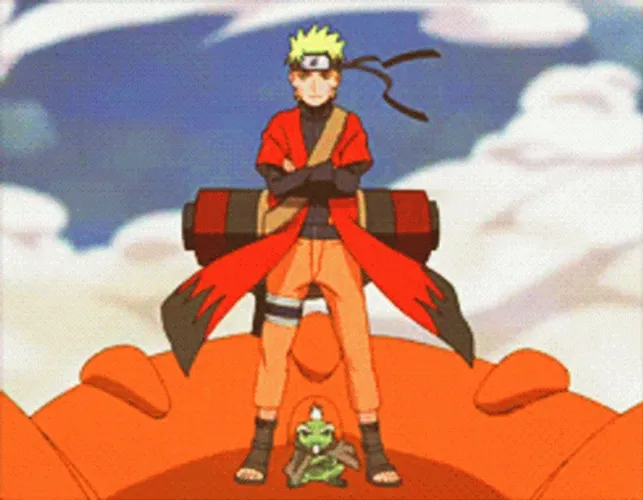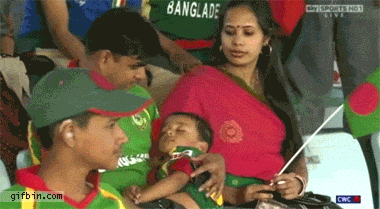explains why he hates islam & muslims so much because his home country is slowly becoming radical because of Saudi Arabia sending teachers there to spread radical islam
What are you talking about?
The biggest terrorist organisation in India are atheist Maoists, not Muslims. Islamic terrorism in India is largely imported from Pakistan, such as Lashkar-e-Toiba who were responsible for the 26 November attacks on Mumbai.
As Sukairain points out, homegrown Islamic terrorism has been virtually absent from the country, despite there being around 180,000,000-200,000,000 Muslims. In terms of actual deaths caused, the greatest sources of terrorism over the last generation or two have been:
* Maoist/Naxalite violence
* Terrorist activities by Pakistani agents, who are currently at war with India over Kashmir
* Various regional-based terrorism activities undertaken by state-level separatist groups who want independence, including in Punjab, Nagaland, Assam, Tamil Nadu, and other states
* Terrorist activities undertaken by various crime lords for the purpose of subjugating populations in order to gain profit
* High-caste Hindu terrorist groups undertaking in terrorist activities against low-caste and untouchable groups
* Anti-Muslim activities including the killing of Muslims claimed to have eaten beef, the killing of Muslims claimed to have married Hindu women, the demolition of Muslim places of worship, and sustained pogroms like the 2002 Gujarat riots
Home-grown Muslim terrorism is probably 7th in impact after those six issues. In fact, when you consider it as a % of the population, it is even more minuscule (since there are far more Muslims than there are communists, high-caste Hindus, or separatists, yet they commit even less violence).
there’s unlimited amount of articles on what i said from indians who actually live there and are from India
The New Threat to Islam in India
https://www.google.com/amp/m.indiat...ions-to-promote-wahhabism-in-india-52171.html
https://www.google.com/amp/s/themus...t-urgently-against-wahhabi-organisations/amp/
https://www.google.com/amp/s/themus.../india-impact-of-wahabi-islam-is-growing/amp/
https://www.google.com/amp/s/www.on...700-crore-wahabi-influence-india-1787820.html
https://www.google.com/amp/www.firs...habi-preachers-in-the-valley-3034022.html/amp
Those articles are enlightening and interesting.
Notice that two of your articles admit that the flow of Indians to Isis has been virtually nonexistent. In fact, India hasn't sent any more recruits to Isis than America has, even though Indian has 100x more Muslims than America has. That's no typo - India has literally a hundred times more Muslims than America has, but only 0.0001% have joined Isis. That suggests it is comparatively a ridiculously tiny issue.
What several of the articles you posted ARE worried about, and what is legitimate, is that Saudi money is creating an influence that is increasing the conservatism of Islam in many places in India. That is a legitimate concern that Muslims should address (and many do).
What your articles fail to do is establish a link between growing conservationism in Indian Islam and any corresponding terrorist activity. Instead, home-grown Indian Muslim terrorists continue to be statistically insignificant.
Here is a good quote from one of the articles you just linked:
The anthropologist Irfan Ahmad noted in one of his papers on SIMI: “The formation of such illegal groups by a segment of Muslim population also points towards an affinity between the geography of riots and cartography of Islamist radicalism. Over 15% or 20% of SIMI’s members came from Maharashtra, Gujarat and U.P., States where the masculine, virulent Hindutva has far more impact, and which have a history of the worse riots in the past two decades.” It is, therefore, binding on the government to intervene positively to address the problems of Indian Muslims.
Also:
In fact, the increasing influence of radical streams, especially Wahhabism, within Islam; the rising Islamophobia across the world; and the strengthening of Hindu nationalist forces in India are issues that are frequently debated among Indian Muslims. The growth of radical Islamist streams became visible only in the past two decades. The unprecedented polarisation of the political environment in the aftermath of the Babri Masjid demolition in 1992 not only broke a long history of communal harmony in India but also gave rise to insecurities in both Hindu and Muslim societies. Fundamentalist groups in both societies, interested in creating communal disharmony, found ample scope for the radicalisation of the youth. Communal riots have erupted before 1992, but systematic campaigns to polarise religious groups gained currency only post-Babri Masjid.












